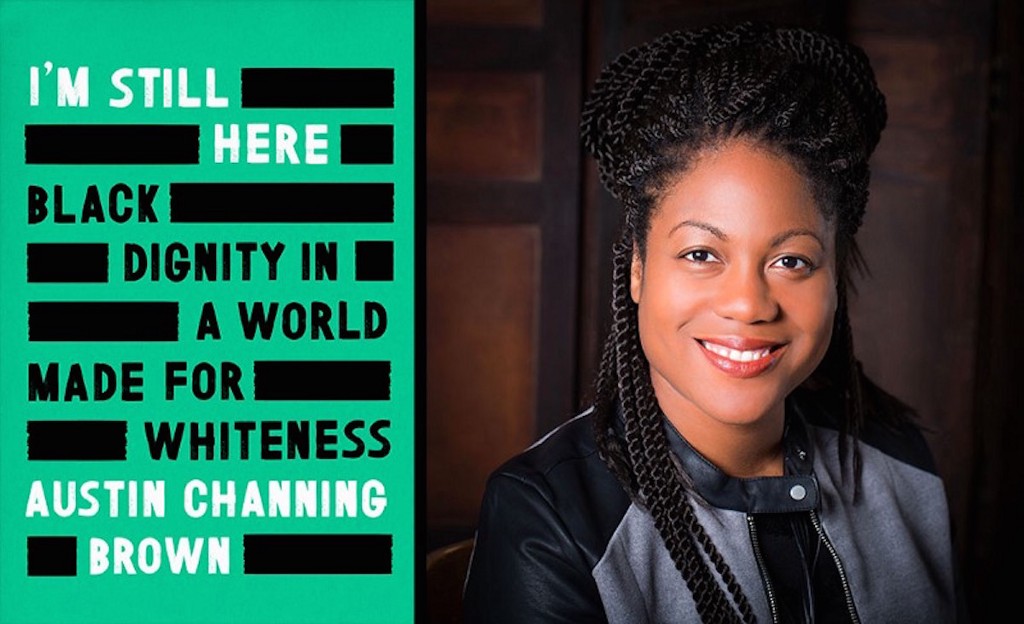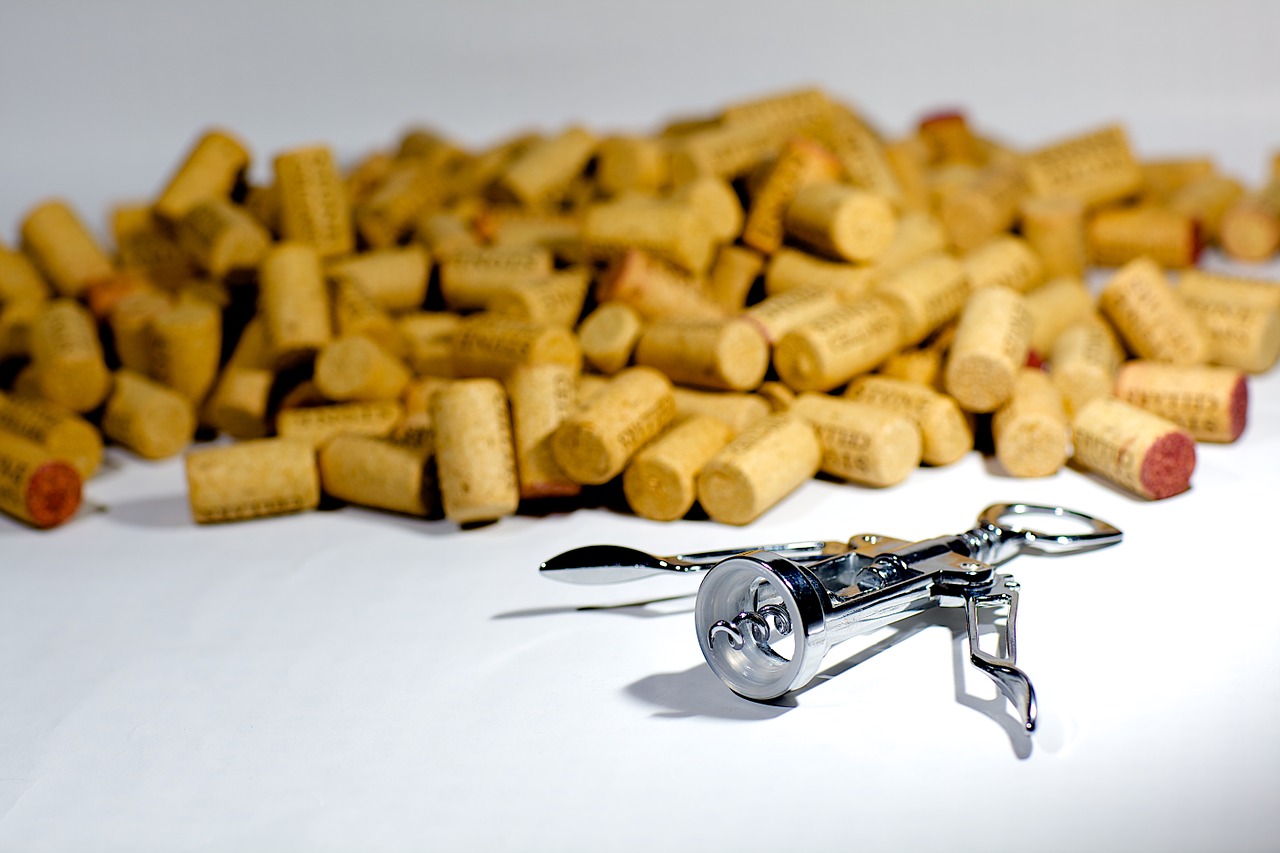Read More Women
Kristi Coulter’s Favorite Books That Aren’t By Men
This installment of our Read More Women series features the author of “Nothing Good Can Come from This” (and a giveaway!)
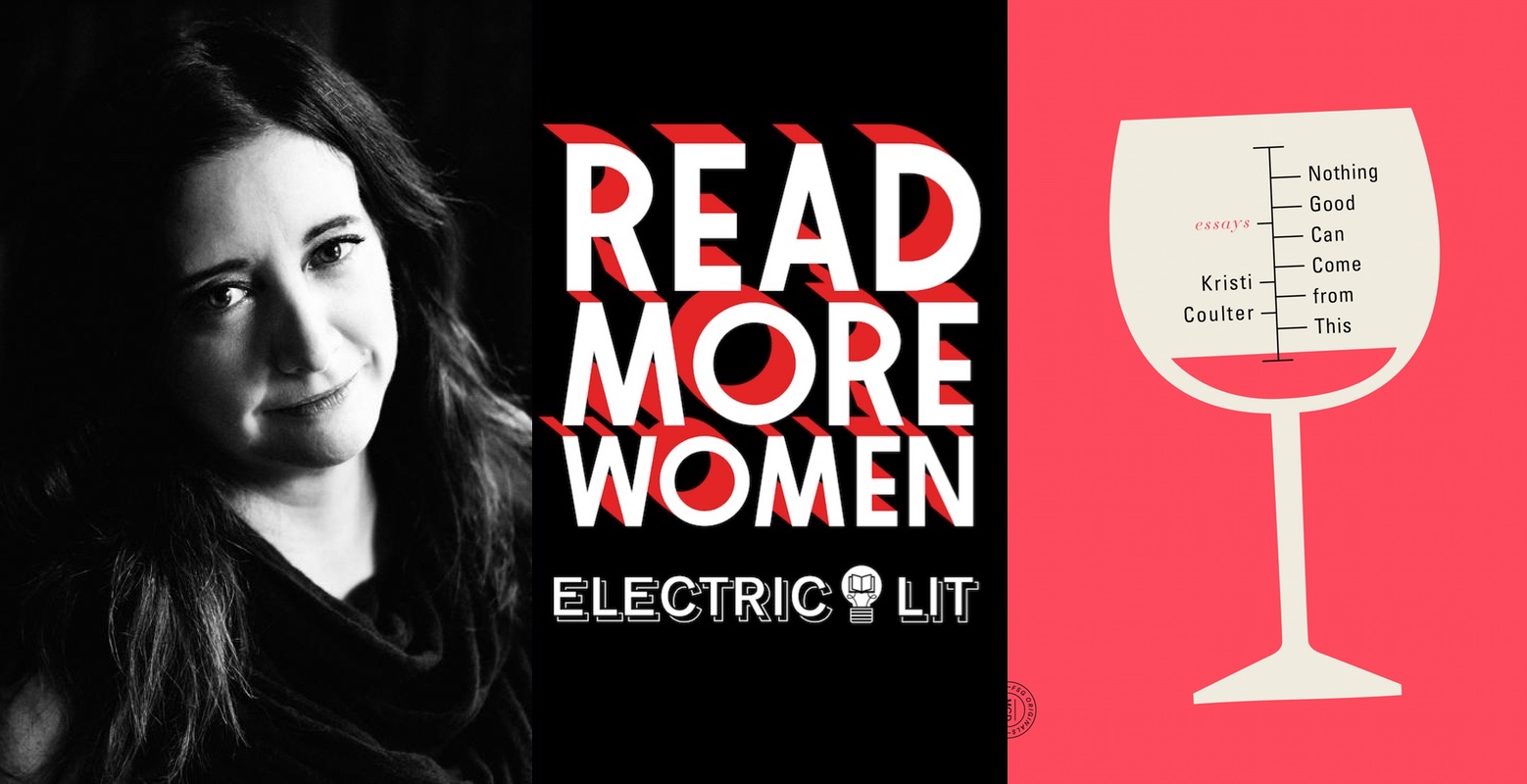
The wine mom. The can-crushing cool girl. The woman who knows her whiskey. After Kristi Coulter got sober, she noticed that images of female empowerment often had a drink in their hands. “To be a modern, urbane woman means to be a serious drinker,” she wrote in a Medium essay that rattled the internet. “The things women drink are signifiers for free time and self-care and conversation — you know, luxuries we can’t afford.” Her highly-anticipated debut essay collection, Nothing Good Can Come from This, is packed with similarly unsettling insights about addiction, sobriety, and navigating both as a woman—and you can win a copy, plus all five of the books below!
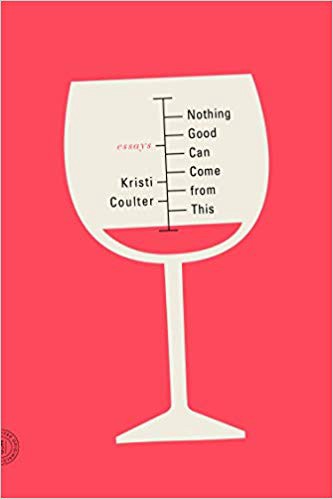
One person will win all five of Kristi’s selected books plus a copy of Nothing Good Can Come from This from our partner MCD Books, plus an enamel otter pin (it’s a reference to one of the essays, you’ll see) and a super cute zine about mocktails! Just make sure you’re following MCD on Twitter, and tweet a link to this article with the hashtag #ReadMoreWomen. Four people will win the book, pin, and zine, and one will win the whole set—book, pin, zine, tote, and all five of Kristi’s picks.
Read More Women is Electric Literature’s series featuring prominent authors, of any gender, recommending their favorite books by women and non-binary writers. Twice a month, you’ll hear about the five non-male authors who most delight, inspire, and influence your favorite writers. Books by men get plenty of attention in reviews, reporting, and academic syllabi, and have for hundreds of years. It’s time to read more women.
Coulter’s five recommended books range from memoir to young adult novel, but they have in common a precise realism that elevates mundane moments to something powerful.

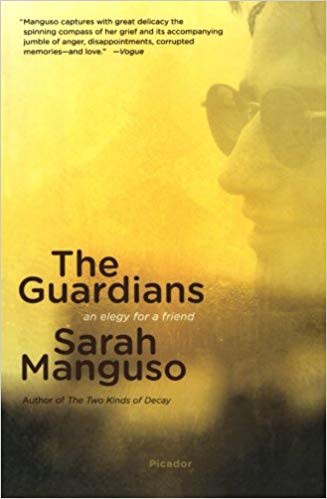
Sarah Manguso, The Guardians
Sarah Manguso’s memoirs are so distilled and austere that I sometimes imagine her hammering steel to make them, embedding story in the shallow bumps and, especially, the dips. The Guardians opens with the suicide of Manguso’s longtime friend Harris, who escapes from a psychiatric hospital and jumps in front of a train. From that matter-of-factly described death it moves outward and back again in radiating circles: to the early days of the friendship; to the year Manguso spends in Rome, disconnected from Harris (and much else); to the grief that both torments and illuminates her. But the real subject is absence — both the sudden absence of Harris from Manguso’s life, and the small, unfillable gaps that live between even the most intimate friends. There are no answers to the problems of grief and loss here, just a comforting acknowledgement that they, too, are livable spaces.
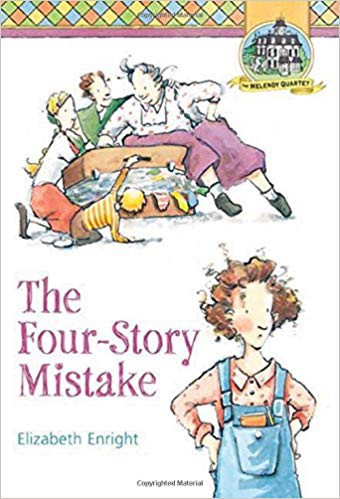
Elizabeth Enright, The Four-Story Mistake
This is the second in Enright’s quartet of WWII-era novels about the Melendy family, four artistically inclined brothers and sisters who move from New York City to a rambling country house with their widowed father (yes, I’m tired of the Dead Mother trope too, but stay with me) and brusque housekeeper. The house has a cupola, and a secret room, and even buried treasure. The Melendys roam around it like bohemian Bobbsey twins: staging elaborate plays, swimming at dawn in the brook, collecting scrap for the war effort. The Four-Story Mistake has the same cozy, daffy vibe as Dodie Smith’s I Capture the Castle; what makes it remarkable is how Enright extends that generosity of spirit to children, who come across here as thoughtful, funny, fully-formed people. I read the entire quartet many times as a kid (and since), but it’s The Four-Story Mistake which set my expectation that life should mostly be about dressing up, making art, and snooping.

Elissa Washuta, My Body is a Book of Rules
The term “quarter-life crisis” has become a glib way to describe what is actually a fairly harrowing time in the best of circumstances — and Elissa Washuta did not spend her post-college years in the best of circumstances. These raw, unsparing essays explore Washuta’s bipolar disorder and her struggles with her American Indian identity in formally inventive ways. I especially love the pieces that play off of well-established cultural tropes like Cosmopolitan’s rules for successful womanhood or television police procedurals, asking how a woman with a rapid-cycling brain and a complex history can be expected to fall into step with such rigid narrative shapes. Washuta not only can’t fall into formation, she won’t, which makes this book as exhilarating and new-feeling as it is brutal. And funny! I know it doesn’t sound funny, but it is.

Laurie Colwin, Another Marvelous Thing
“My wife is precise, elegant, and well-dressed, but the sloppiness of my mistress knows few bounds.” In 1986, teenage me picked this book more or less at random from the public library shelf and it changed her life. Colwin, who was the age I am now when she died suddenly in 1992, wrote seven novels and story collections about brainy, privileged New Yorkers blundering in and out of various romantic configurations. Her books are all comedies of the most glorious form, by which I mean she found her characters ridiculous and lovable in equal measure. Her eye is both unsparing and kind. Her sentences are unimprovable. You could start with any of her novels; they are, to be perfectly honest, not that different from one another. But I’ve chosen this one, a book of linked stories, because it was my first, and because of how deeply it informed my young ideas about language, and humor, and city life, and especially romantic love. Thirty years later, can I say that every one of those ideas has served me well? Uh, the jury’s still out on that. But I don’t care. She’s worth it. Twenty-six years after her death, my goal is still to write books Laurie Colwin would have loved like I love hers. She’s not just my perfect writer; she’s my perfect reader, too.

Michelle Huneven, Round Rock
Huneven is probably best known for her 2009 National Book Award-nominated novel Blame. It’s fantastic, and page-turning. You should read it! But as a lazy, ruminative sort of person, I especially cherish her lazier, more ruminative books, Round Rock in particular. The story of a “drunk farm” housed in a ramshackle Victorian among California’s citrus farms, it is that rare novel that understands recovery from alcoholism is as individuated, stop-start, and sometimes goofy as the people who are doing it (or attempting to). Huneven’s three main characters — Round Rock’s lonely director, a grad student in denial about his drinking (and many, many other things), and the local violinist both men are drawn to — wander into and bump off each other in leisurely, consistently interesting ways. Throughout, Huneven views their mishaps, spiritual hungers, and questionable decisions with clarity, affection, and a lack of sentimentality. It’s simply a joy to spend a long stretch of West Coast time with these thoughtful, difficult people.
Read More Women is presented in collaboration with MCD Books.






